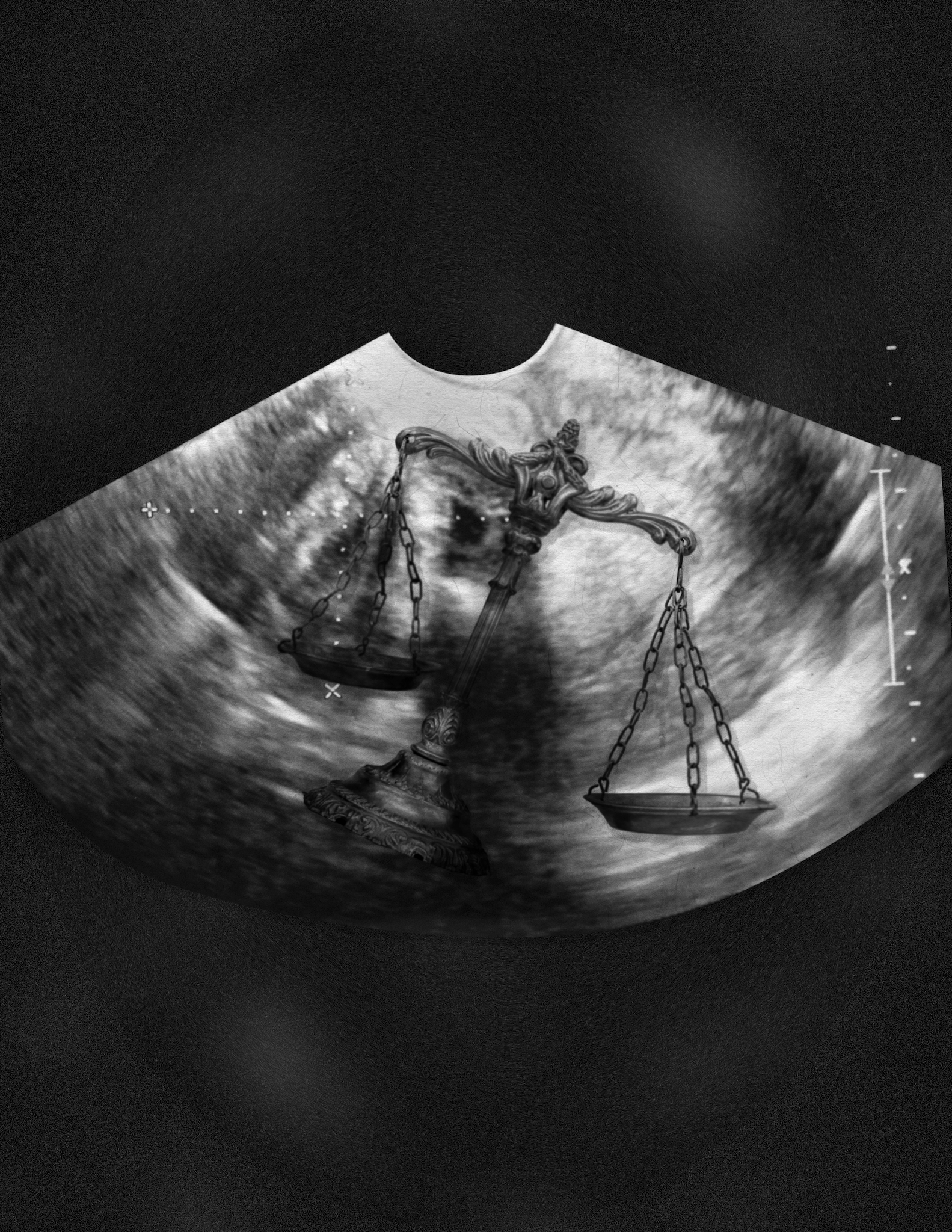
Lawmakers, Civil Rights Groups Discuss Better Care For Pregnant Inmates

Every month, the number of pregnant women incarcerated in Texas county jails hovers between 300 and 500, according to monthly jail population reports collected by the Texas Commission on Jail Standards. But we know little else about how pregnant women are treated behind bars.
Criminal justice, mental health and civil rights groups have long fought for more information on the care and treatment available to pregnant inmates.
A law passed in 2009 requires that each jail have a health services plan in place, but doesn’t specify the kind of services that must be provided to pregnant women. Another 2009 law bans the use of restraints on pregnant inmates during labor, delivery and recovery unless correctional officers determine there’s a security or flight risk. But counties are not required to report to the state when, and why, restraints are used.
Two bills by state Rep. Celia Israel (D-Austin) aim to illuminate how pregnant women are treated in jail. House Bill 1140, was approved by the House County Affairs Committee last week. It would require county jails to provide the state with more data on the health care provided to pregnant inmates, as well as specific policies like prenatal vitamins regimens, nutrition plans and calorie counts of food for expectant mothers. Under House Bill 1141, considered by the House Corrections Committee Thursday, county jails would submit a yearly report to the Legislature tracking every instance when restraints are used on pregnant inmates.
The use-of-restraints ban “has been interpreted very differently across the state,” Israel said as she laid out HB 1141 Thursday. “This practice is dangerous to women and their children and it is completely unacceptable. … The state needs access to an official record, and this bill puts a system in place to do that.”
“The range of care between facilities is grossly inconsistent,” Alexandra Chirico, policy associate with the Texas Criminal Justice Coalition, said at the HB 1140 hearing. The bills “provide us the information to understand where problems exist and give us the impetus to fix them.”
In recent years, Diana Claitor of the Texas Jail Project and other advocates have heard from incarcerated women and their families about the often sub-standard conditions behind bars. Women report inadequate health care services, lack of mental health treatment, limited access to food and vitamins, as well as the use of restraints during labor, despite the 2009 law, Claitor said at Thursday’s HB 1141 hearing.
“It’s become obvious to me that our jails don’t have clear policies, it’s also become obvious how little information there is about how pregnant women are cared for,” she said. “Without information on all the jails’ practices and policies, we are operating in the dark.”
Brandon Wood, executive director of the Texas Commission on Jail Standards, told legislators at both hearings that the commission approves each county jail’s health services plan every five years. The OB/GYN care provided to pregnant inmates is left up to individual counties and medical professionals working in the jails, though resources vary from county to county, Wood said.
County jails can and do restrain pregnant inmates when they transfer them between units, Wood said. When correctional officers deem it necessary to use restraints on pregnant inmates during labor, delivery or recovery, the commission only finds out if an inmate files a formal complaint.
“We do not receive any monthly reporting regarding the use of restraints on pregnant inmates,” Wood told legislators. “Counties are required to keep the documentation so that if the commission receives a complaint, we can request it.”
So far, lawmakers have expressed wide support for collecting more information on what jails are providing, or not providing, for pregnant inmates. The House County Affairs committee voted 7-1 in favor of HB 1140 last week. In the last few days, six more legislators, Democrats and Republicans, have signed on to Israel’s bills.
The Sheriffs Association of Texas, however, is opposed to both of Israel’s bills, arguing that providing more data to the commission and the Legislature would be redundant and time-consuming for staff. Sheriff A.J. Louderback, president of the association and Jackson County sheriff, called Israel’s use-of-restraint reporting bill “unnecessary.”
“If in fact we’re required to [file a report] every time a pregnant female is in a county jail and a restraint is applied, we would have to send in a report to [Texas Commission on Jail Standards], where does it stop?” Louderback said to House Corrections committee members.
State Rep. Alma Allen (D-Houston) pressed Louderback, questioning whether county jails should be restraining pregnant women at all.
“If we operated on the premise that we should not do this, we would have fewer incidents so it wouldn’t be a big burden on you to get that information,” Allen said.


